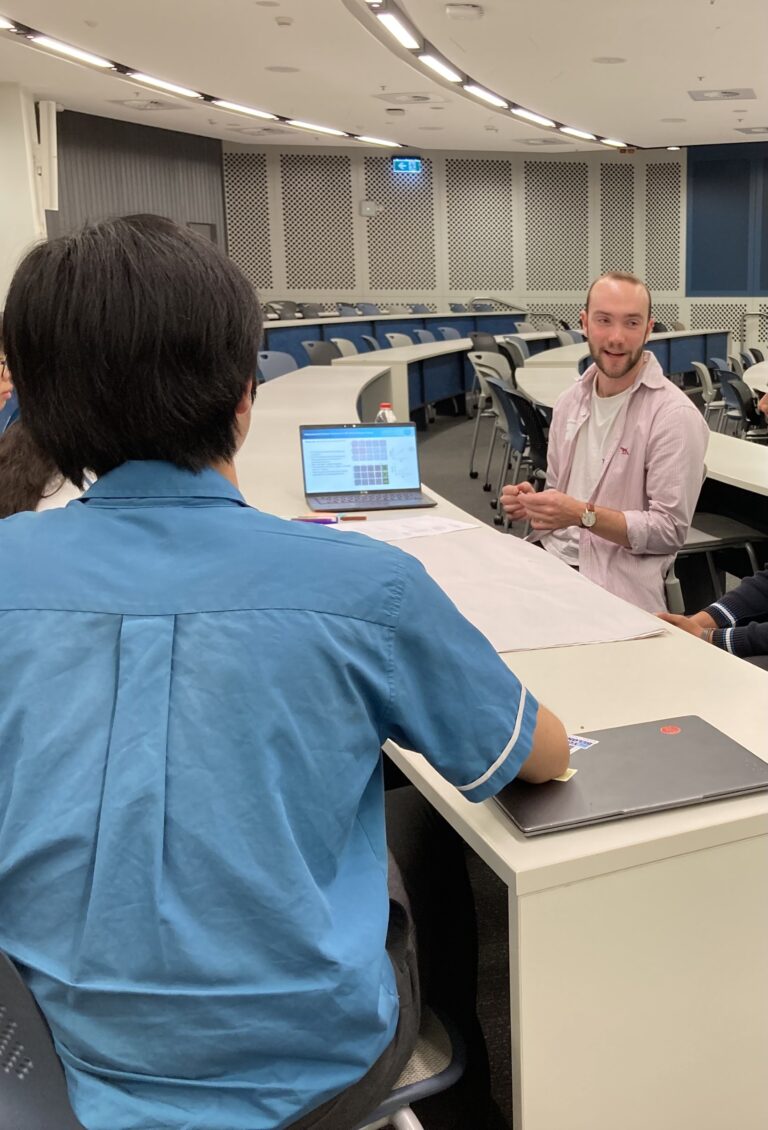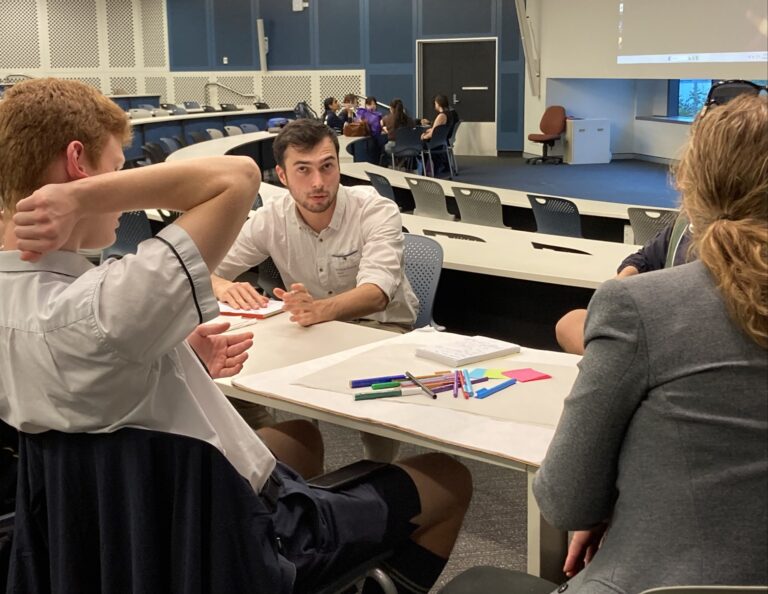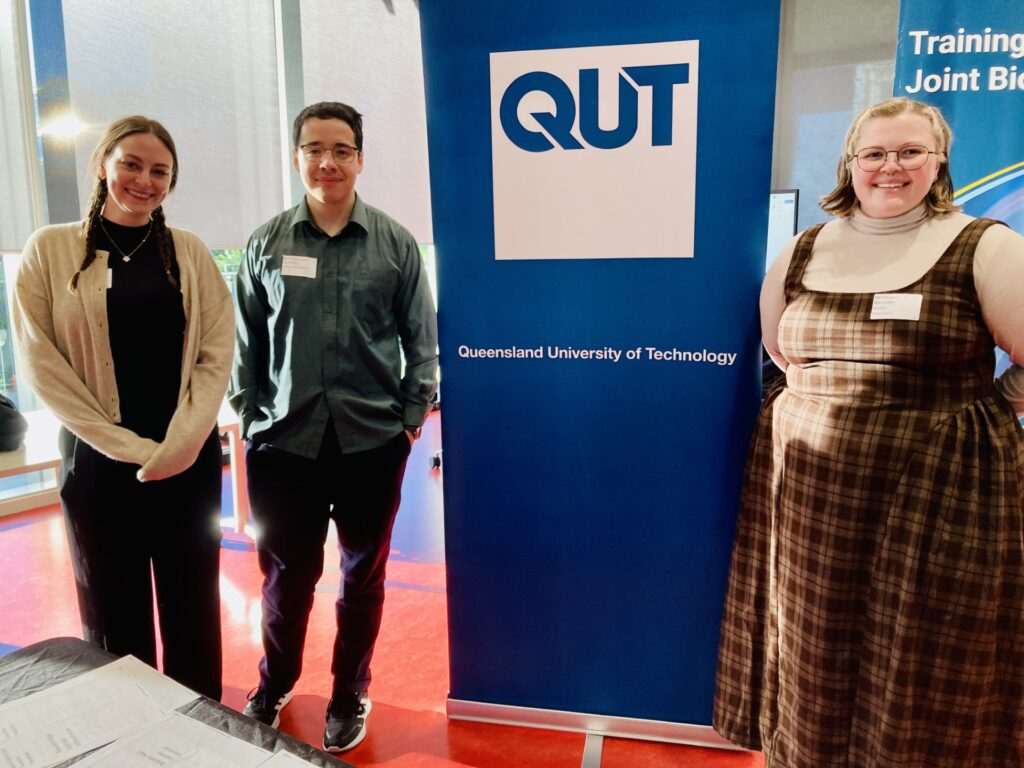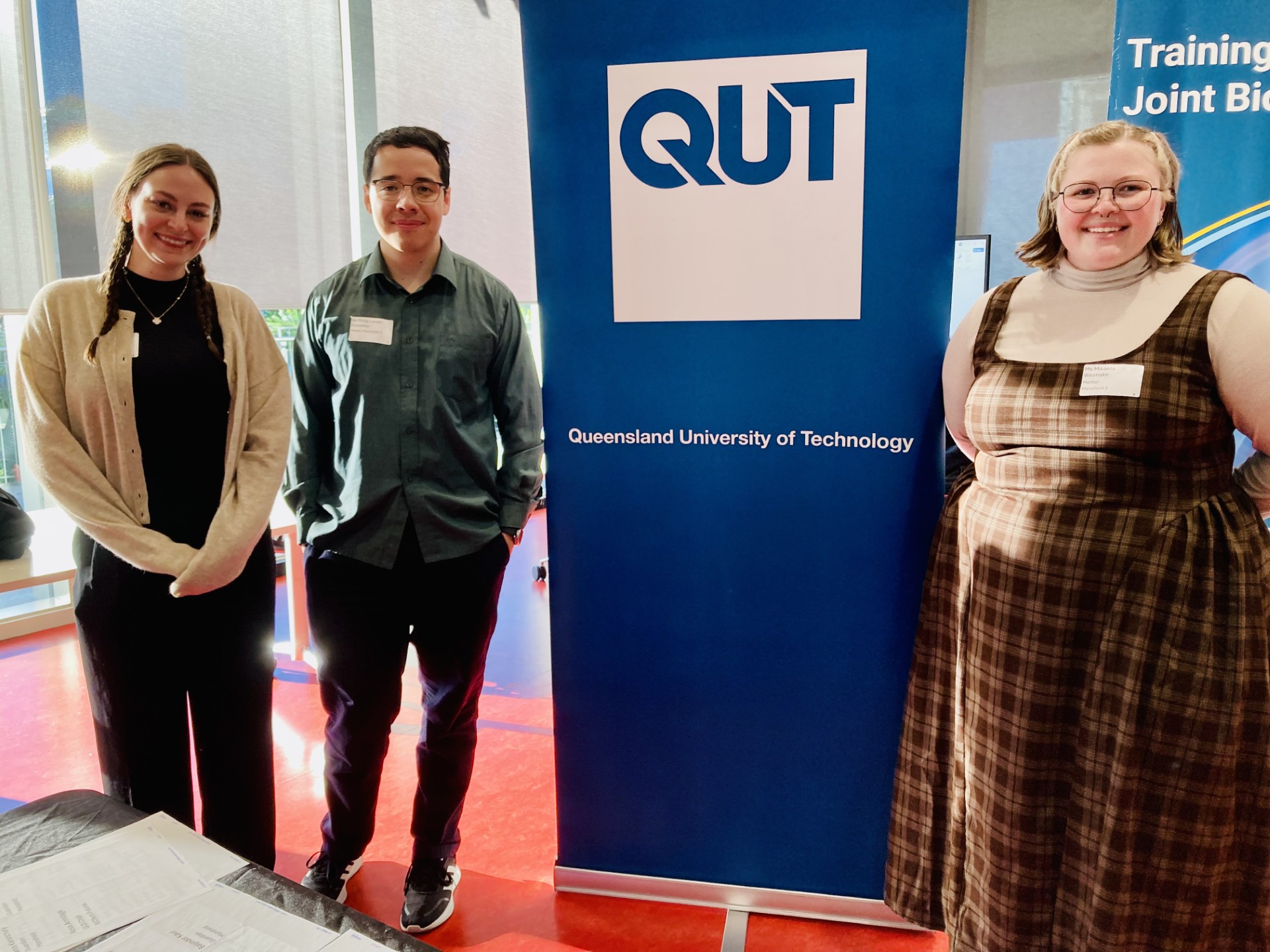Australia’s leading science and innovation program for high school students is once again driving change in classrooms and research labs alike. The BIOTech Futures Challenge 2025, led nationally by the University of Sydney, is equipping the next generation with the tools to tackle some of the world’s most complex issues from biomedical breakthroughs to climate resilience.
A flagship initiative designed to reimagine the role of STEM in education, BIOTech Futures connects high school students from urban, regional and remote communities with academic mentors from universities and research centres. Since its inception, over 2,000 students from 80 schools have taken part, producing more than 400 research projects guided by 300 academic experts.
In Queensland, the Challenge is proudly hosted by the ARC Training Centre for Joint Biomechanics at the Queensland University of Technology (QUT). Since 2021, the Centre has led the state chapter with a mission to ignite STEM curiosity and drive student innovation. Through this platform, staff, including chief investigators, research fellows, PhD candidates and industry-established alumni, mentor student teams for six weeks, helping them address real-world problems with creative, science-driven solutions.

Students will showcase their work, including posters, short answer responses, and prototypes, at a symposium at QUT on October 9. Top projects will proceed to the national symposium at the University of Sydney on October 24, representing Queensland on a national stage.
Projects can span areas such as AI-driven diagnostics, sustainable materials for healthcare, and ethical design of emerging technologies. But behind the innovation lies a national concern: experts are warning of a steady decline in domestic STEM enrolments. Data from the Federal Government’s Tertiary Collection of Student Information (TCSI) shows a 3.1% drop in 2022, followed by a 1.4% drop in 2023, with enrolments in natural and physical sciences falling by 11%.
STEM education is more than academic, it’s foundational to Australia’s prosperity. With 75% of jobs in the fastest-growing industries requiring STEM skills, the nation’s ability to remain competitive hinges on cultivating a workforce equipped for technological change. Experts warn this trend could lead to a “Brain Drought“, with far-reaching impacts on workforce development and economic competitiveness.

By connecting students with mentors and research environments, the Training Centre for Joint Biomechanics is actively working to reverse this trend. Its efforts are part of a broader movement to make STEM accessible, exciting, and relevant. STEM plays a crucial role in fostering critical thinking, creativity, and problem-solving: skills essential for navigating the challenges of the 21st century.
“Ambitious students have the ability to develop innovative ideas and technologies that can change the world,” said Prof. Hala Zreiqat AM, founder and director of BIOTech Futures. “This Challenge rewards those with the persistence and tenacity to develop their ideas.”
Dr. Victoria Camilieri-Asch, mentor to last year’s winning QLD team, believes in the power of immersive STEM engagement: “It has impact if students can see our labs and research environments. Sharing our own views and experiences can really enrich students’ understanding through real-life applications.”
As Australia faces critical skills shortages in science and technology, BIOTech Futures continues to prove that investment in young minds today shapes the discoveries of tomorrow.


